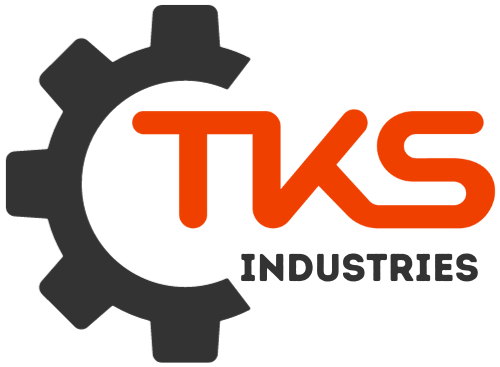The Thermo Fisher Scientific Facility, one of the largest contract drug manufacturing plants in the United States, has been found to have repeatedly violated FDA regulations over the past decade, including twice this year. FDA documents reveal problems at the Greenville plant, specifically during production of the respiratory syncytial virus (RSV) drug Befortus, a preventive therapy for infants and children developed by AstraZeneca and Sanofi.
An FDA inspection in May pointed to deficiencies in Befortus’s manufacturing process, such as inadequate sterilization of instruments. However, the FDA and Sanofi confirmed that these issues were addressed to the regulator’s satisfaction, and there is no evidence of patient harm resulting from these manufacturing problems.
The Greenville plant, which spans 1.7 million square feet, produces about 40 different drugs, including Novo Nordisk’s weight loss drug Vegovy. Thermo Fisher acquired the plant as part of its purchase of Patheon in 2017.
Despite demand for contract manufacturers in the US due to the increase in obesity drugs and complex biologic treatments, concerns have grown about Thermo Fisher’s approach to quality control. David Talmage, vice president of education at the Parenteral Drug Association, expressed concern about the company’s long-term approach and its “fix-when-caught” mentality.
The FDA report of the Befortus audit lists 17 issues, including inadequate visual inspections for particulate matter in injectable drugs and improper handling of sterile components. The FDA said it audited the plant for reasons related to certain FDA-approved products and found that the facility “adequately addressed its concerns,” so no regulatory or enforcement actions were recommended. .
The plant, which has been inspected by the FDA at least 10 times over the past decade, also makes vaccines. The FDA’s first inspection in February this year targeted COVID and flu vaccines, but Moderna and CSL clarified that they were not producing vaccines at the plant during the FDA visit.
In 2020, the Greenville plant received a $49 million investment from the US Department of Defense to aid COVID vaccine production. Thermo Fisher’s manufacturing business, which operates under the Patheon name, accounts for about $8 billion, or 19%, of annual revenues of $42.8 billion.
Thermo Fisher, which competes with contract manufacturing firms such as Lonza and Catalent, is expected to continue to experience growth in contract manufacturing due to market demand, according to Deutsche Bank analyst Justin Bowers. Catalent has recently agreed to be acquired by Novo Nordisk.
Reuters contributed to this article.
This article was generated and translated with the support of AI and reviewed by an editor. See our terms and conditions for more details.
